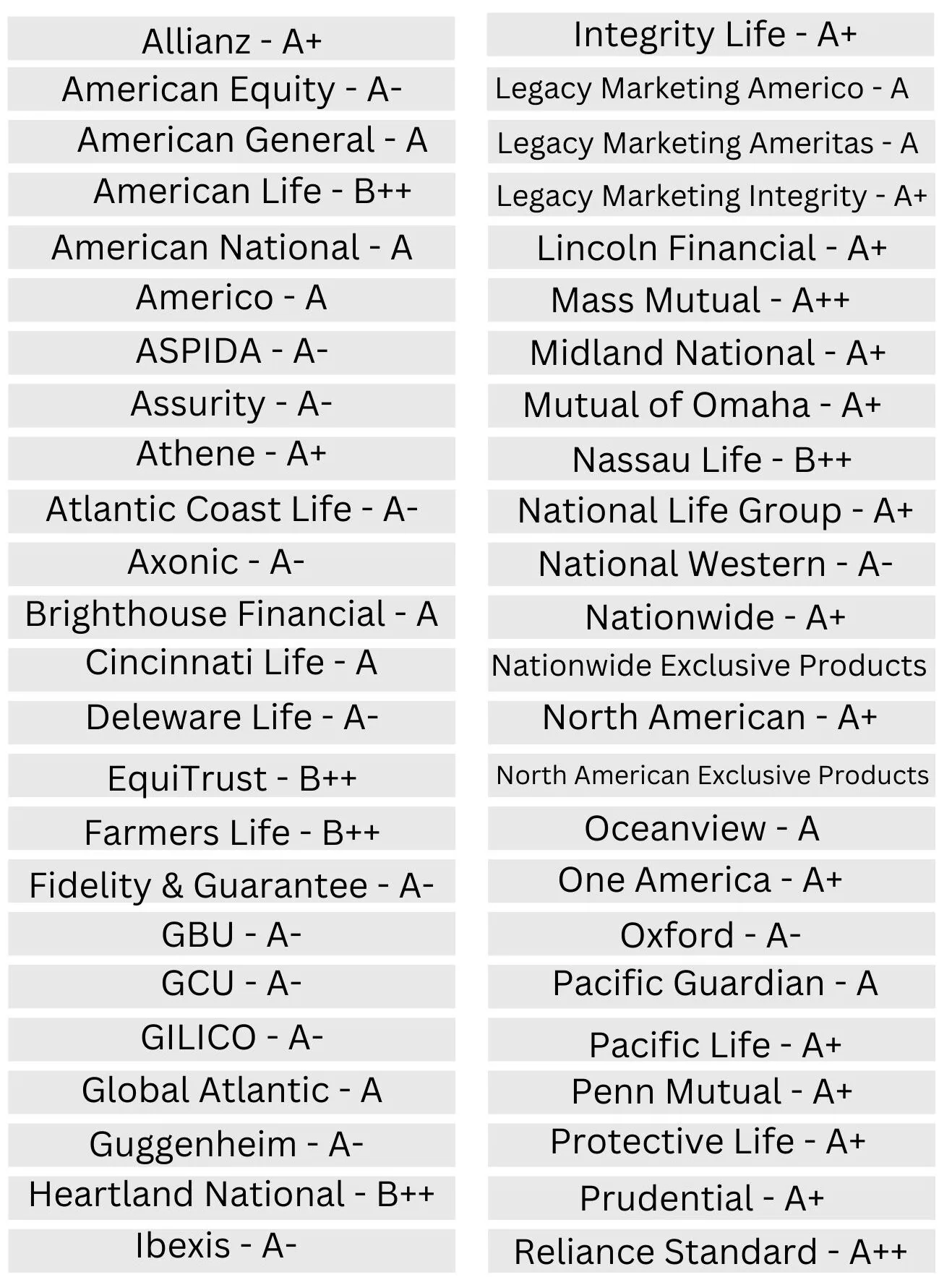Annuities as a Pension Alternative
Annuities as a Pension Alternative
As traditional pensions become increasingly rare, many individuals are left wondering how to recreate the reliable, guaranteed income that pensions once provided. That’s where annuities come in.
Annuities offer a powerful pension alternative by delivering steady, predictable income for life—without relying on an employer-sponsored plan. With options for customization, tax-deferred growth, and protection from market volatility, annuities can help ensure your retirement income is both secure and sustainable. Whether you’re approaching retirement or already there, annuities provide the peace of mind that comes with knowing your income won’t run out.
Use the calculator below to determine your guaranteed lifetime income
Why Annuities Are a Smart Pension Replacement
With traditional pensions disappearing, many people worry about how they’ll create stable, lifelong retirement income. Annuities offer a powerful solution. Much like a pension, an annuity can provide guaranteed monthly income for life in retirement, giving you the peace of mind that your essential expenses will be covered—no matter how long you live.
Unlike pensions, annuities give you more control and customization, including when income starts, how much you receive, and whether benefits extend to a spouse. If you’re looking for a way to recreate the reliability of a pension, an annuity may be the smartest alternative.
📈 Want to See Today’s Top Annuity Rates?
Explore the most competitive fixed and bonus annuity rates available now.
👉 Check Current Annuity Rates

-
Unlike traditional pensions, annuities give you the ability to customize your income strategy. You can choose when payments begin—either immediately or at a future date—based on your retirement timeline. Many annuities also offer spousal continuation options or death benefit features, ensuring your loved ones are protected. With a wide range of structures available, annuities allow you to tailor your plan to match your income needs, legacy goals, and risk tolerance—making them a highly flexible alternative to one-size-fits-all pension plans.
No-Obligation Consultation
Traditional pensions may be fading, but your retirement security doesn’t have to. A well-structured annuity can help fill the income gap, providing the same sense of stability and predictability that pensions once offered. If you’re considering an annuity as a pension alternative, it’s important to align the product with your financial goals, risk tolerance, and retirement timeline.
Our team will guide you through the options—clearly, confidently, and without pressure—to help you make the best choice for your future.
📞 Call us at 770-662-8510
📅 Book your free consultation with Jason here
Or visit our Contact Page: https://www.diversifiedquotes.com/contact-us/
Discover Your Portfolio Risk—Before the Market Does
Use our Risk Analyzer Tool to uncover hidden vulnerabilities in your current portfolio. Don’t assume your investments are safe—learn your true risk tolerance and take control. Gain clarity, reduce exposure, and protect your retirement from unnecessary market losses.
Annuities as a Pension Alternative: Create Your Own Paycheck for Life
With traditional pensions disappearing, many retirees are left wondering how to generate consistent income in retirement. That’s where annuities come in. The right annuity can function like a personal pension—providing guaranteed monthly income you can’t outlive. In this breakdown, we’ll show you how annuities fill the pension gap, protect your principal, and offer peace of mind in an uncertain market. If you’re looking to replace or supplement a lost pension, this is where to start.
Learn how an Annuity with a Lifetime Income Rider can substantially improve your retirement pension.
Learn how one of our longest standing clients used an Annuity as a Pension Alternative.

FAQ: Pension Alternative
What is a pension alternative?
How can annuities mimic pension income?
Are pension alternatives riskier than employer pensions?
What role do fees and charges play in retirement income alternatives?
How does liquidity differ in a pension alternative?
When should someone consider a pension alternative?


